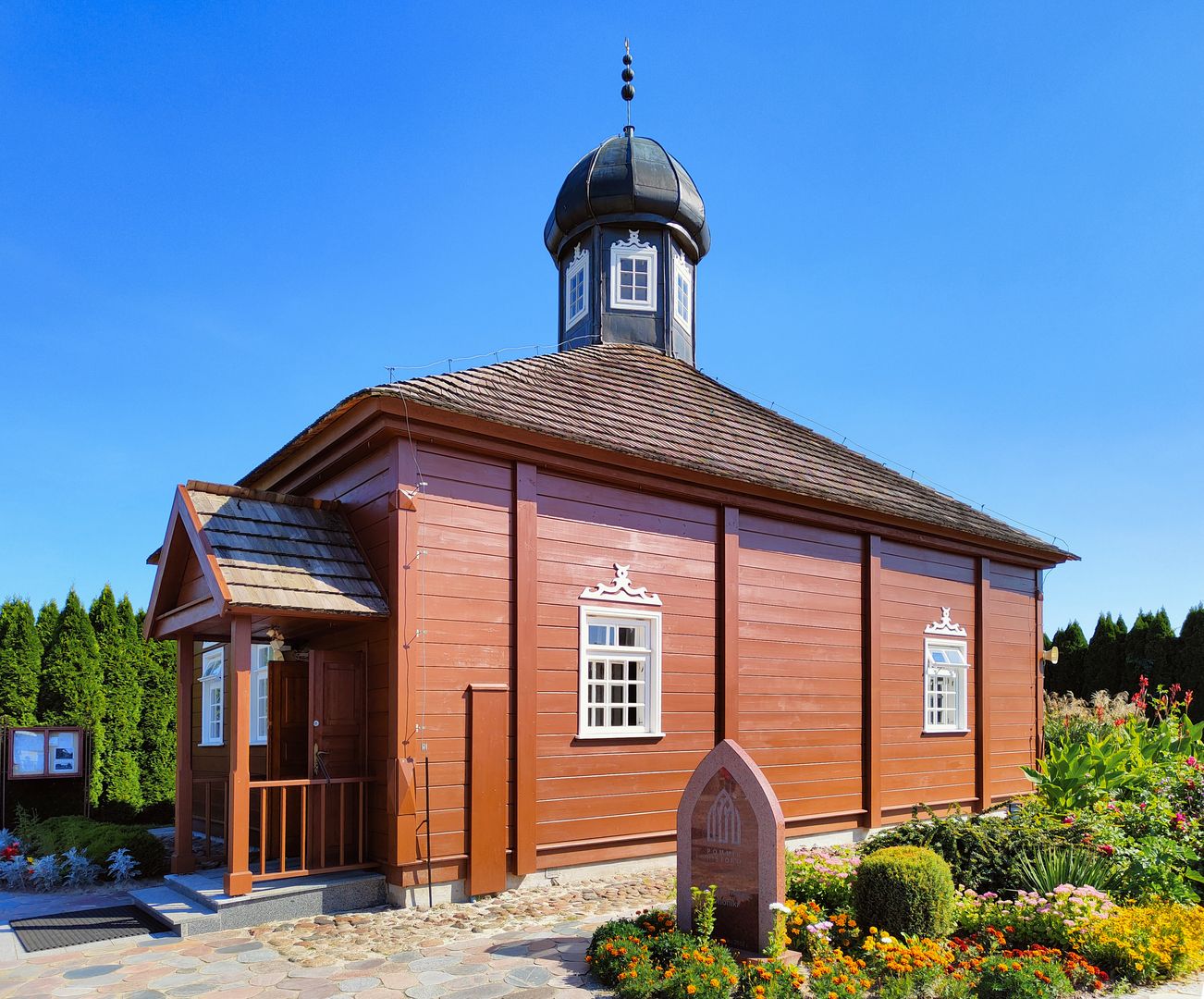Bohoniki
6.17

Overview
Bohoniki is a village in Poland located in the Podlaskie Voivodeship, Sokółka County, renowned for its Tatar minority community. The history of the village dates back to the times of King John III Sobieski, who granted the land to Captain Michał Olejowski, a privilege later confirmed by King Stanisław August Poniatowski in 1766. Bohoniki is home to a historic wooden mosque from the 19th century and a mizar, an older Muslim cemetery. Both sites are protected as part of a cultural park, which safeguards not only the buildings but also their surroundings. Historically, the village has ties to the Grodno region, and between 1975 and 1998, it was part of the Białystok Voivodeship. Bohoniki is an important site for Polish Muslims, attracting both pilgrims and tourists drawn by its architecture and unique Tatar culture. Although only a few Tatar families currently reside in this small settlement, their traditions and customs are preserved, including the observance of Muslim holidays such as Ramadan Bayram and Ashura Day. Interestingly, Bohoniki also hosts cultural events like cycling rallies and Tatar balls, and the village is a place where not only Tatar culinary traditions but also architecture from the late 19th and early 20th centuries have been preserved. Bohoniki serves as an inspiration for many artists, including poets, who capture the extraordinary atmosphere of this place in their works. In conclusion, Bohoniki is not only a village with a rich history but also a contemporary cultural center that preserves the unique Tatar heritage in Poland.
Location
2026 Wizytor | All Rights Reserved